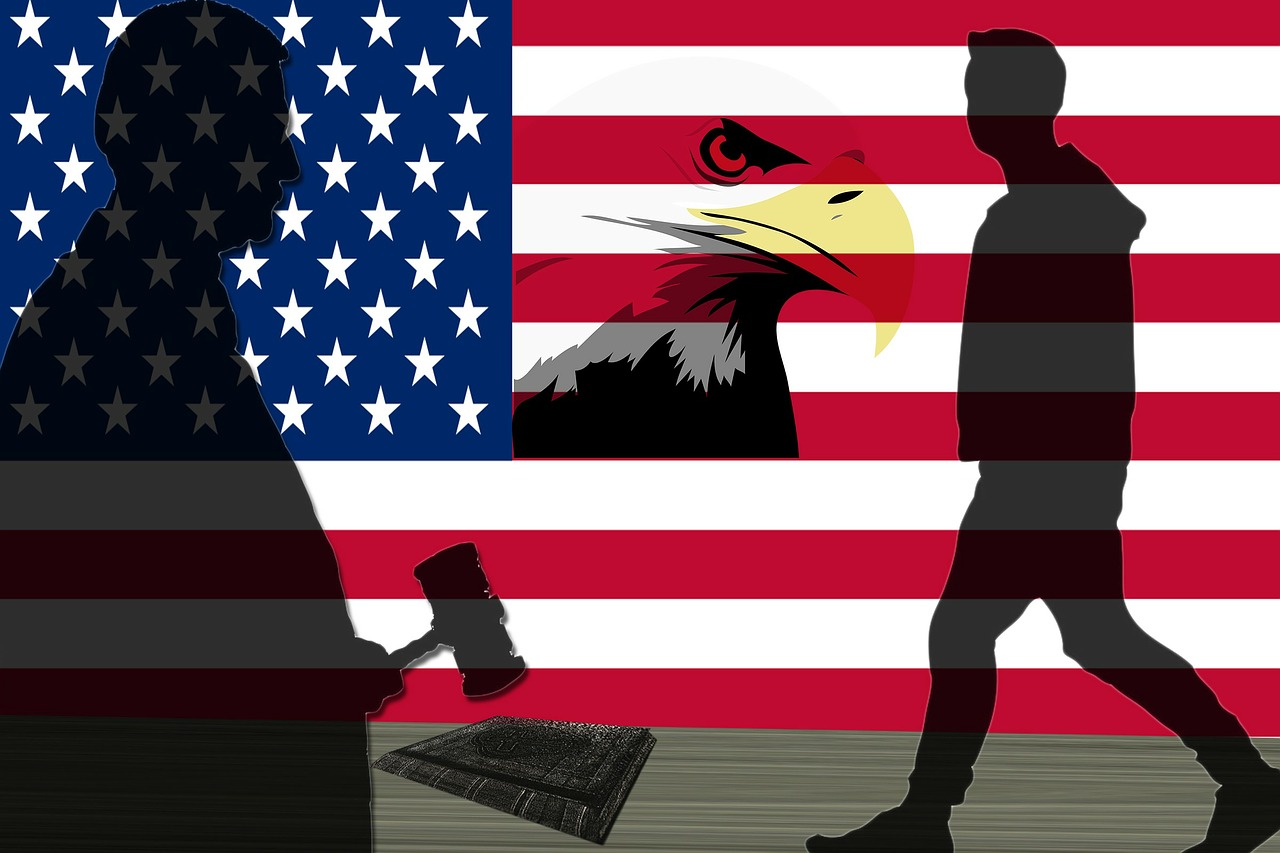Translating deep thinking into common sense
Guilt Without Trial—The FX Rigging Case

By Alexander R. Cohen
May 30, 2015
SUBSCRIBE TO SAVVY STREET (It's Free)
Did the banks that pleaded guilty to conspiring to fix currency exchange rates actually do anything illegal? Who knows? Thanks to the Department of Justice’s method of resolving the case—which may have included threatening punishment even it deemed unjust—we don’t know. We don’t even have a very good basis to think the banks broke the law.
If the penalty provided under the plea deal is fitting and commensurate, any greater penalty at trial would have been more than what fits the crime.
Had the cases gone to trial, the government’s allegations could have been tested. Witnesses could have been cross-examined; the defense could have brought forward evidence of its own. And the defense could have argued that even if the banks did what the government alleges, it wasn’t a crime. By agreeing to plead guilty and pay record-breaking fines, the banks waived all that.
Why? Well, one possibility, of course, is that the banks were guilty and knew it. But another is that they were afraid of the harsher sentences they could have gotten if they’d gone to trial and lost. The plea agreements say (see section 13 of this one, which is typical) that the fines called for by the federal sentencing guidelines exceed the fines provided under the plea agreements. If so, that would have supported the government in seeking harsher fines after a trial than the plea deals provide.
 Does that mean that if the banks are guilty as charged, they’re being punished less than they deserve? Not in the judgment of our new attorney general, Loretta Lynch. In prepared remarks, she said:
Does that mean that if the banks are guilty as charged, they’re being punished less than they deserve? Not in the judgment of our new attorney general, Loretta Lynch. In prepared remarks, she said:
“The penalty all these banks will now pay is fitting considering the long-running and egregious nature of their anticompetitive conduct. It is commensurate with the pervasive harm done.”
But if the penalty provided under the plea deal is fitting and commensurate, any greater penalty at trial would have been more than what fits the crime. It would have been punishment, not merely for violating antitrust law, but for insisting on the right to a trial. So unless some other provisions make the overall penalty in the plea deal as steep as the sentencing guidelines call for, if it was Lynch’s strategy to use the threat of the guidelines fine to force the banks to accept these plea deals, she was threatening a sentence harsher than she herself thought was “commensurate with the … harm” in order to make the banks submit to the punishment she thought was “fitting.” To be assured of a sentence no harsher than even the country’s chief prosecutor thought was “fitting,” the banks had to give up their right to a trial. If they had gone to trial and lost, the prosecution might well have asked for a harsher sentence.
Fair trials can protect us from unjust punishment, and American law proclaims many principles designed to uphold individual rights and keep the innocent safe. But if prosecutors can bully us into giving up our right to a fair trial, we will get little value from the protections that the law proclaims.
Fair trials can protect us from unjust punishment, and American law proclaims many principles designed to uphold individual rights and keep the innocent safe. But if prosecutors can bully us into giving up our right to a fair trial, we will get little value from the protections that the law proclaims, that Englishmen and Americans fought for, and that sound philosophical principles demand.
A version of this article first appeared on the Center for the Individual’s site under the title, “Are the Banks Actually Guilty?”
Related Posts:
About the Author: Alexander R. Cohen
-
Libertarian Party Candidate Vinay Kolhatkar Cook Campaign Video
April 24, 2024
-
Brian Doherty on The Savvy Street Show
April 24, 2024
-

What Does a Political Campaign of Speaking Truth to Power Tell...
April 24, 2024
-

China Now Sets the World Gold Price—Preparing for A Gold-Backed Currency
April 21, 2024
-

Transcript: Ayn Rand and the Austrian Economists
April 16, 2024
-

After the Founding: The Demise of Laissez Faire in America
April 6, 2024
-

Doubt and Certainty
March 26, 2024
-

Transcript: Nicolás Cachanosky Interviewed on The Savvy Street Show
March 19, 2024
-
Nicolas Cachanosky on The Savvy Street Show discussing Javier Milei
March 11, 2024
-

A Hero for the Generations: The Enduring Romanticism of the Tarzan...
March 9, 2024
